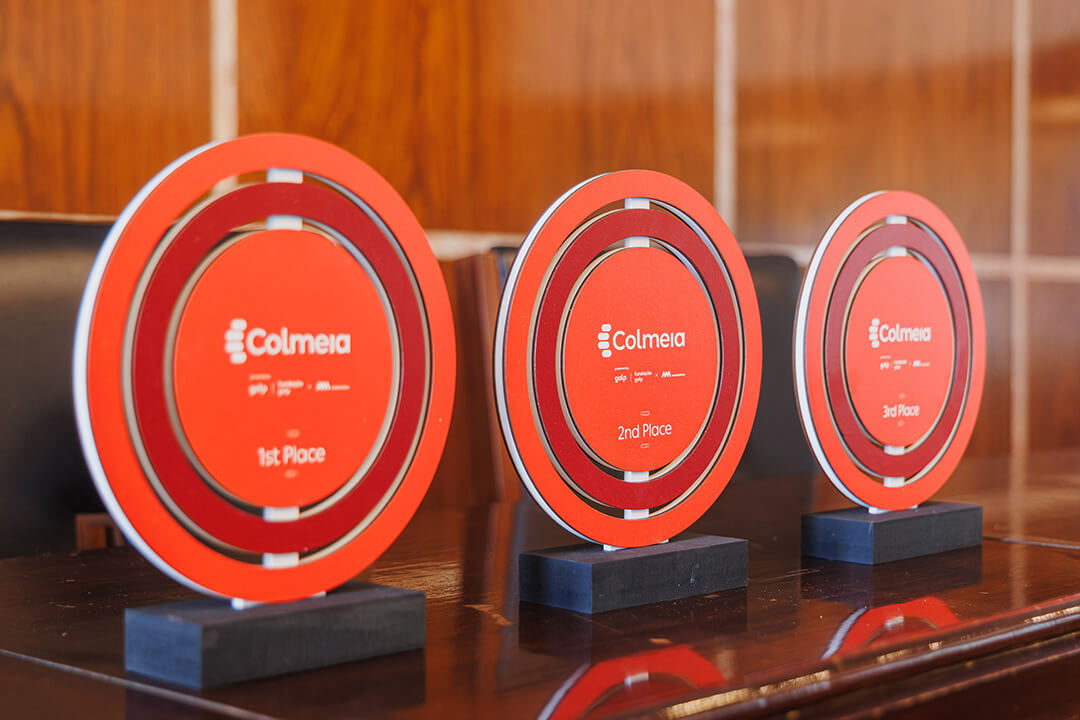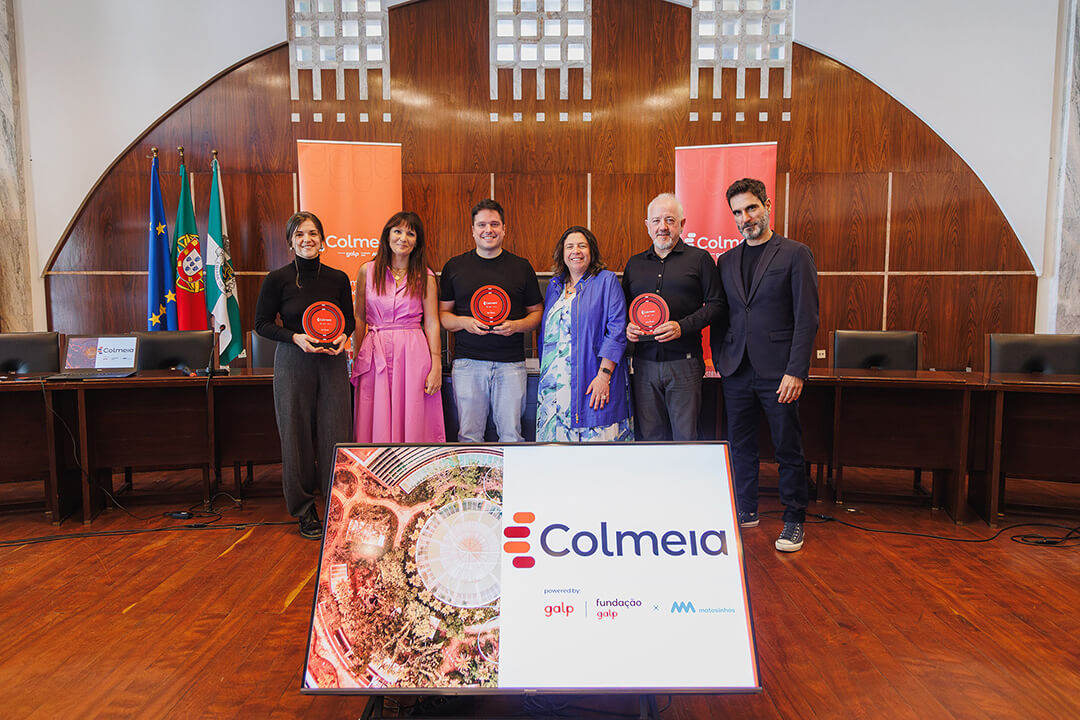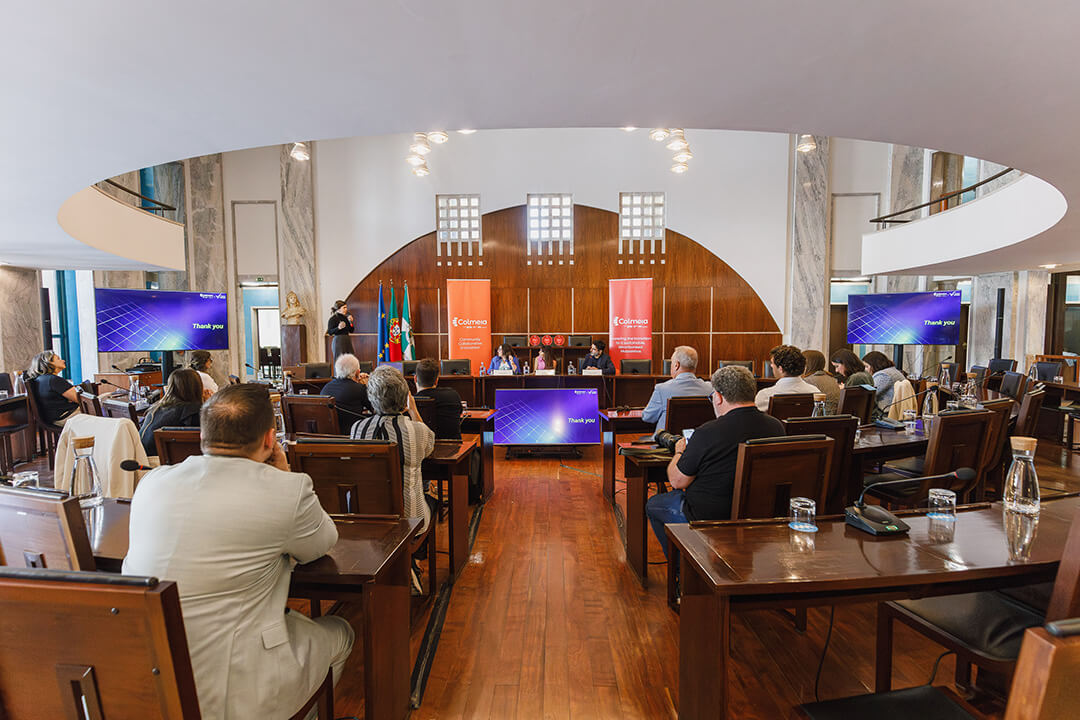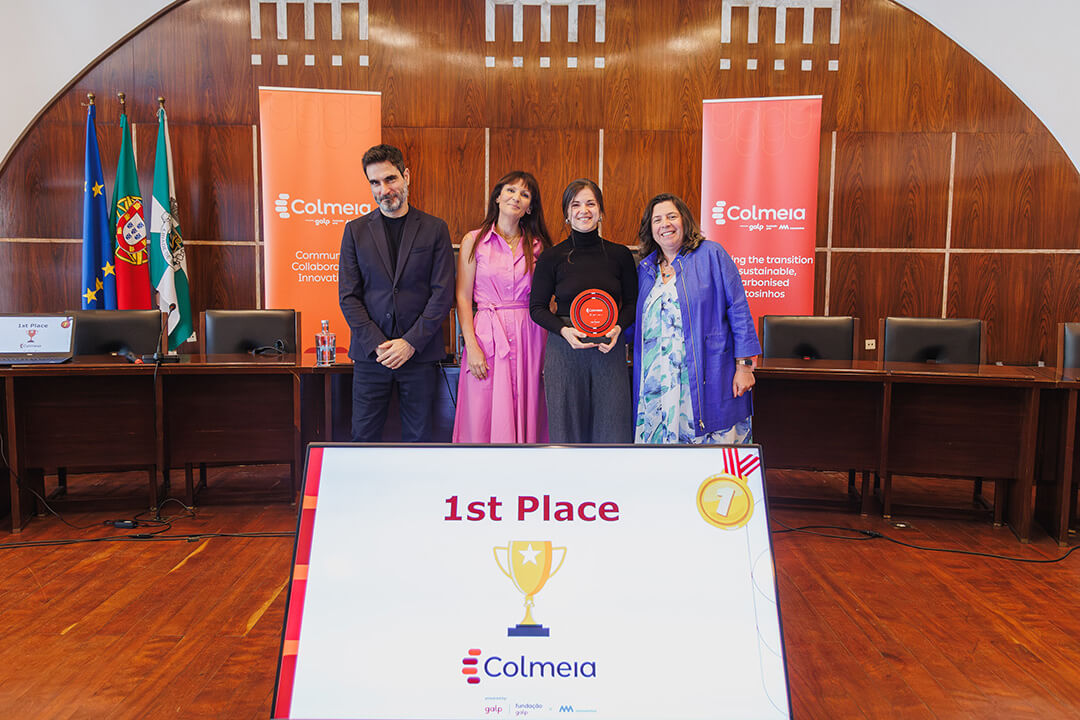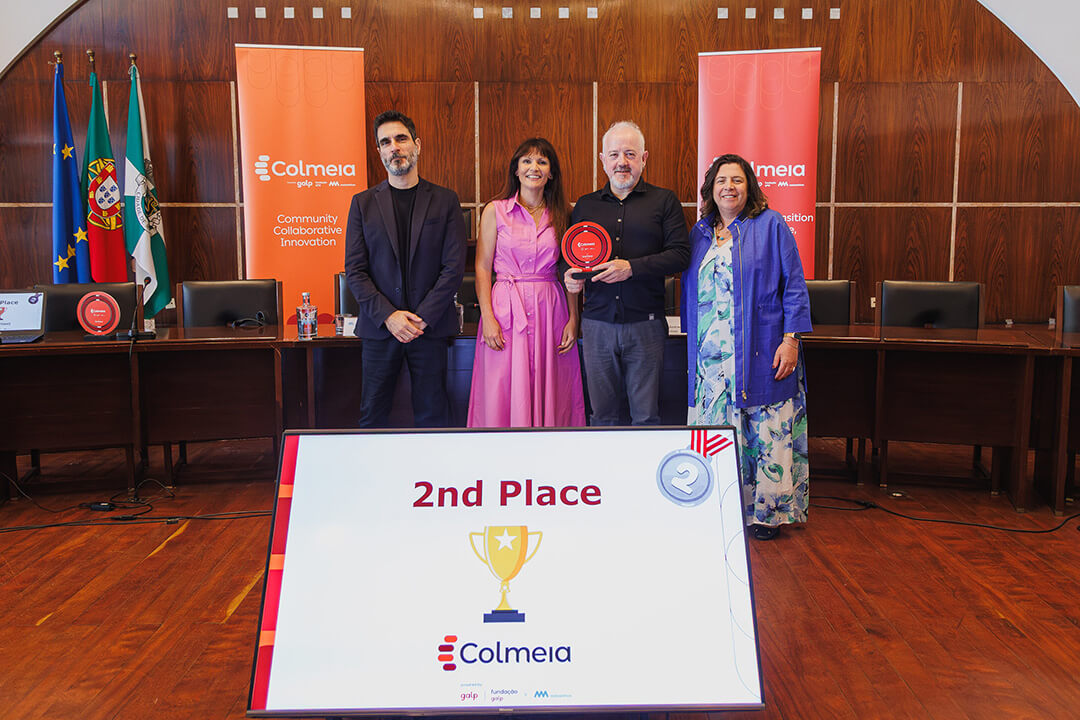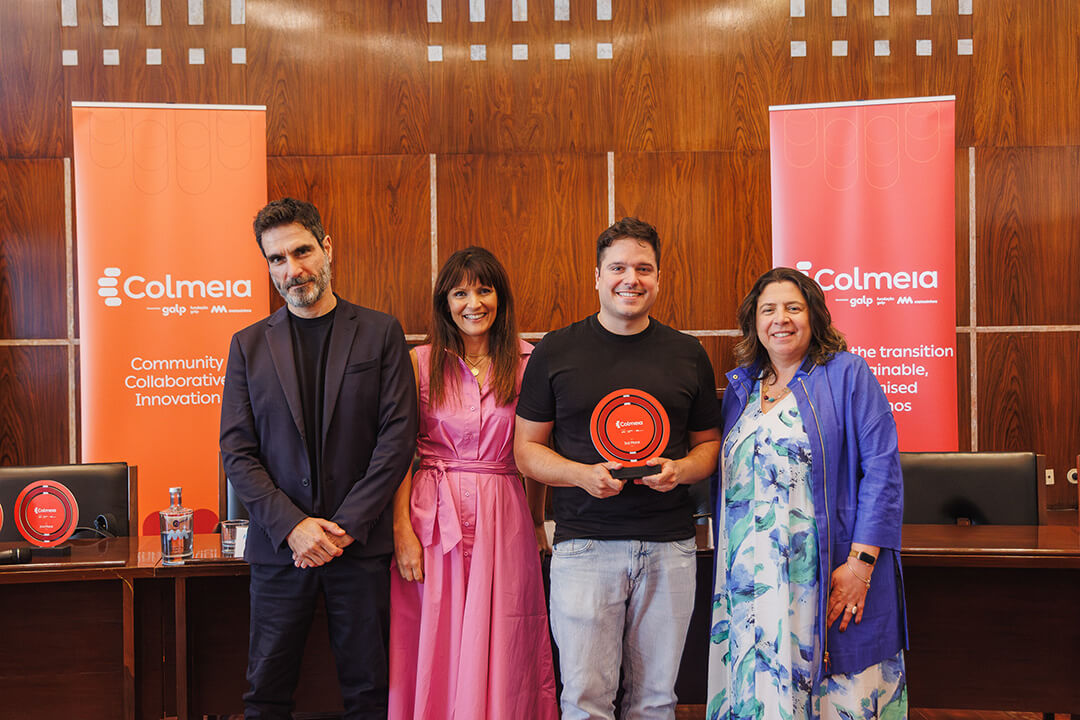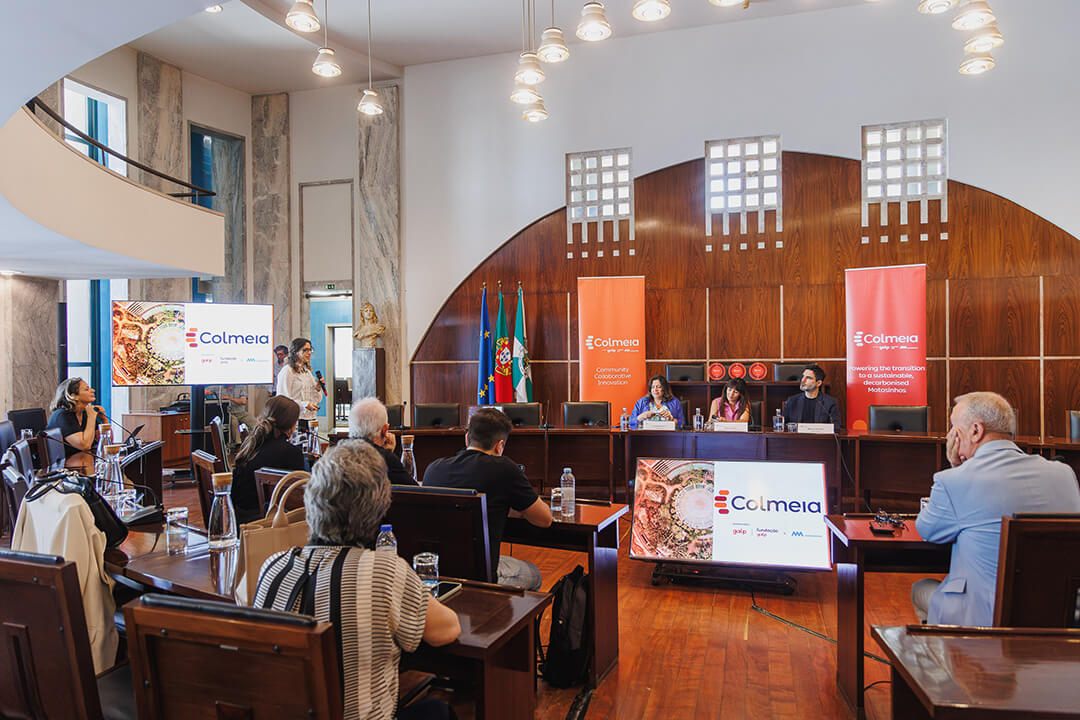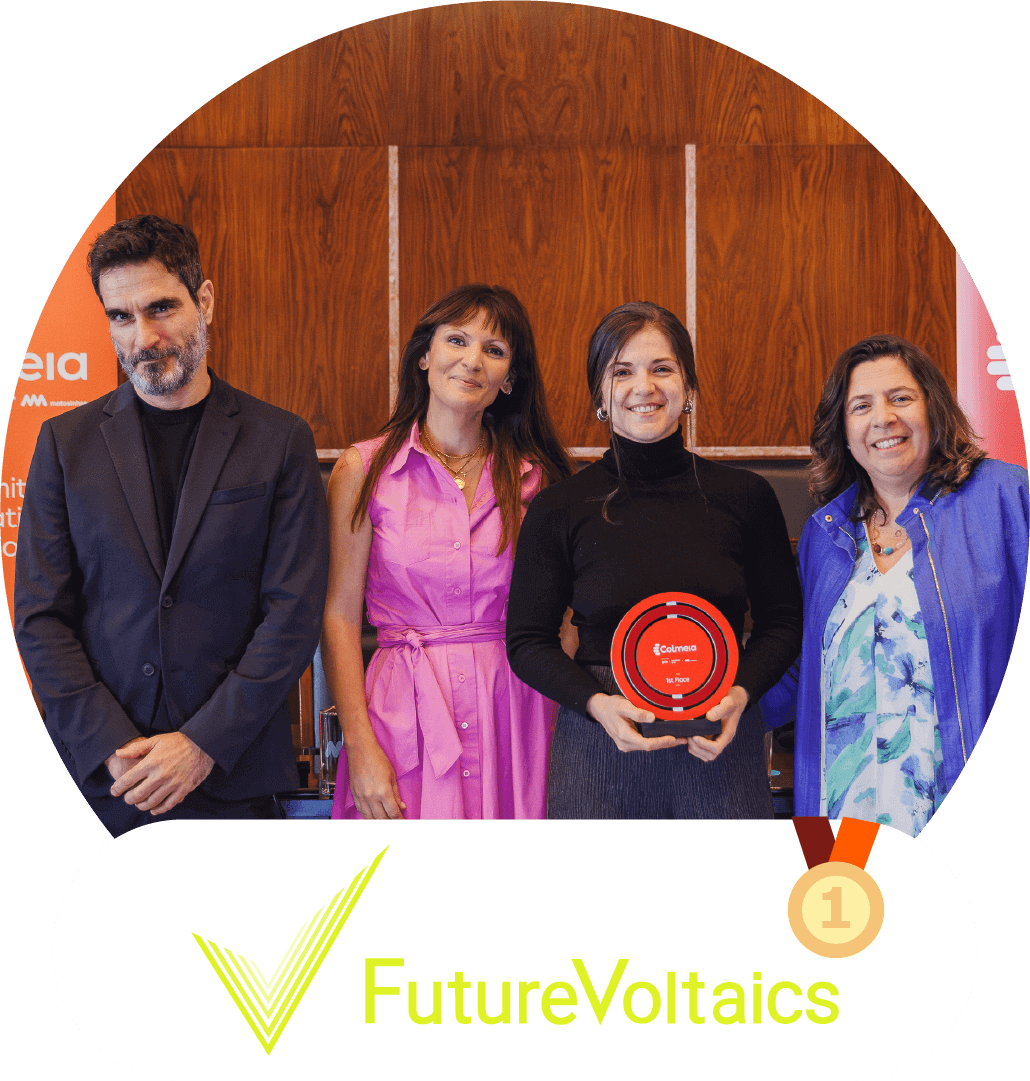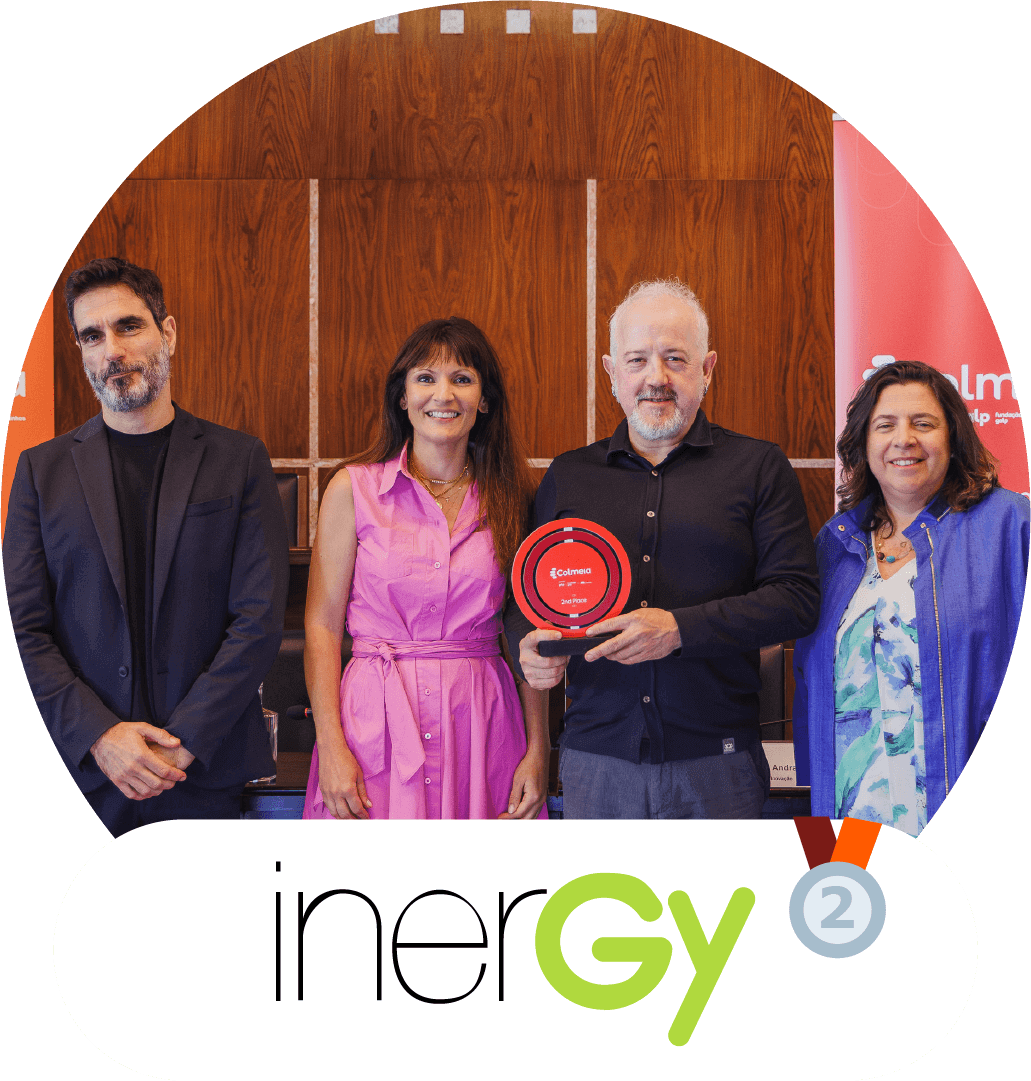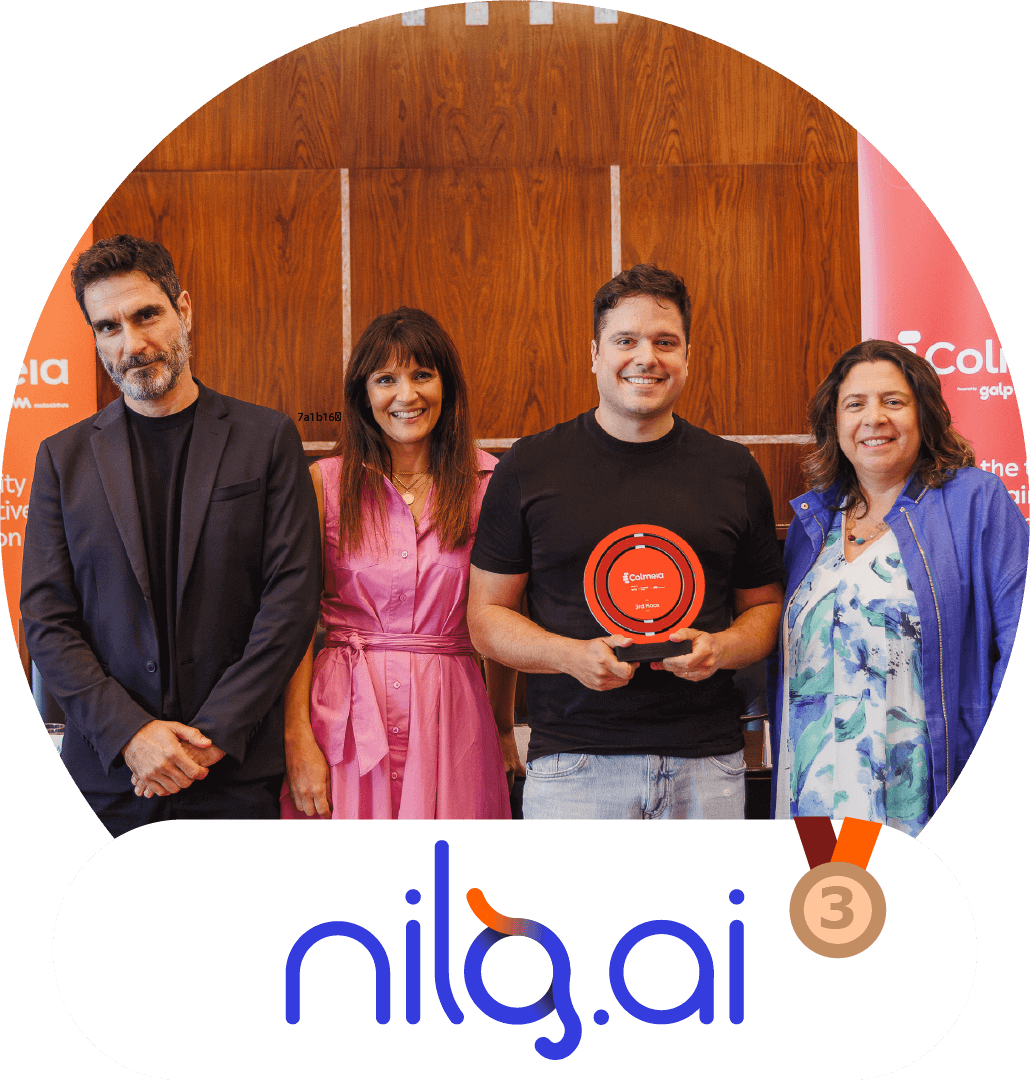Colmeia 2025
The 2025 edition of Colmeia brought together 9 selected startups to tackle challenges in energy, mobility, data, and urban resilience. After two sprints and deep collaboration with Galp, Fundação Galp and the Municipality of Matosinhos, three winning pilots were selected for implementation.
Challenges
Sustainable & Connected Mobility
Improving how people and goods move through the city by making urban mobility more intelligent, efficient, and sustainable. This challenge explores smart logistics, data-driven transport, and clean, inclusive mobility solutions.
- Urban consolidation centers & smart routing to optimize deliveries and reduce congestion.
- Data-sharing platforms for optimizing energy, transport, and logistics networks.
- Affordable clean mobility solutions (e.g.: shared transit, micro-mobility).
- Renewable-Powered Ports & Logistics: Clean energy solutions for more sustainable port operations.
Smart & Resilient Energy
Transforming how energy is produced, managed, and shared to build fairer and more secure systems. This challenge focuses on renewable access, community grids, energy efficiency, and protecting local infrastructure.
- Energy efficiency & renewable solutions for low-income homes.
- Platforms enabling residents to exchange surplus solar energy.
- Smart systems that monitor & optimize energy use in municipal buildings.
Protecting local energy infrastructure from cyber threats. - Community Energy Grids – Local renewable networks for shared and reliable power.
applications
countries
in prizes
Program Structure
March 6 - March 31, 2025
Open Call
Startups from across Europe were invited to submit solutions to real urban challenges identified in Matosinhos. The call focused on attracting teams with innovative approaches in mobility, energy, and urban data, ready to be tested in a real-world setting.
April 2025
Evaluation & Selection
Each submission was assessed based on its relevance to the challenges, implementation potential, and alignment with Matosinhos’ context. Nine standout startups were selected to move forward and take part in the program’s first collaborative sprint.
April 22 - April 28, 2025
Sprint #1
The selected teams joined a week of deep immersion and co-creation. Through discovery meetings, reverse pitches, and hands-on workshops, startups were able to refine their problem-solution fit, validate their assumptions, and explore how their pilots could respond to the local needs of Matosinhos.
April 29, 2025
Online Pitch
At the end of Sprint #1, the 9 teams pitched their refined proposals to a jury of experts and stakeholders. Three projects were selected to advance to the next phase and receive dedicated support to further develop and strengthen their pilot plans ahead of the final pitch event.
May 13 - May 20, 2025
Sprint #2
The finalist startups entered a focused sprint designed to prepare them for Pitch Day. With expert mentoring, technical deep dives, and storytelling refinement, each team worked to shape compelling, feasible pilot proposals ready to be presented to the jury.
May 22. 2025
Pitch Day
The program culminated in a live event held at Matosinhos City Hall, where the three finalist teams presented their fully developed pilot proposals to a public audience and expert jury. Following deliberation, the winners were announced and awarded funding. From that point forward, the projects moved into the implementation phase with the technical support of Galp and the Municipality of Matosinhos.
2025 Pilot Winners
